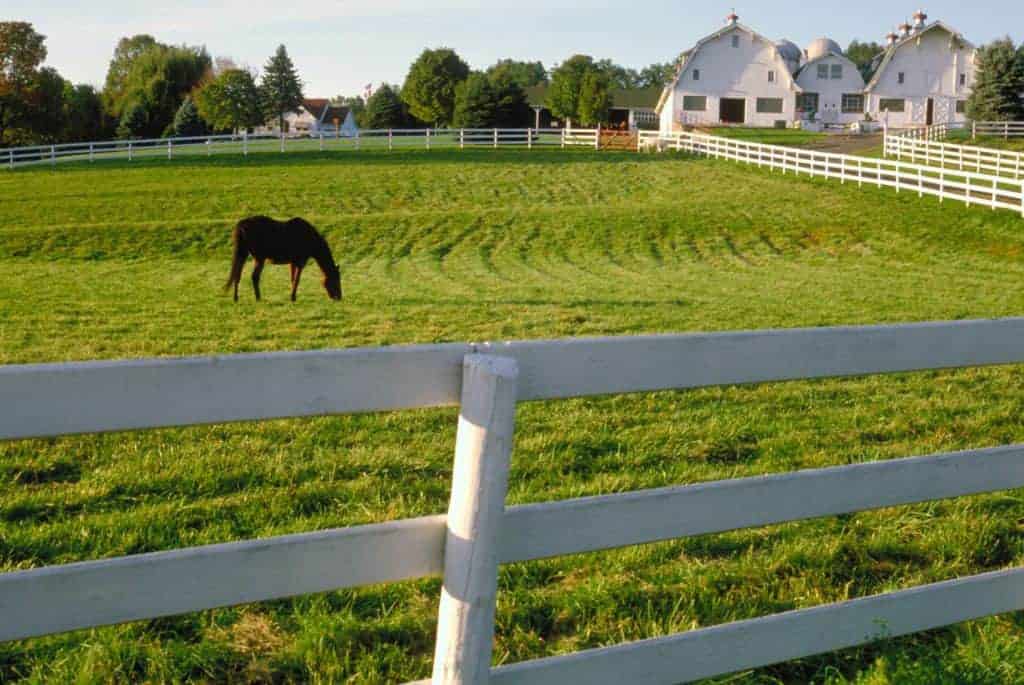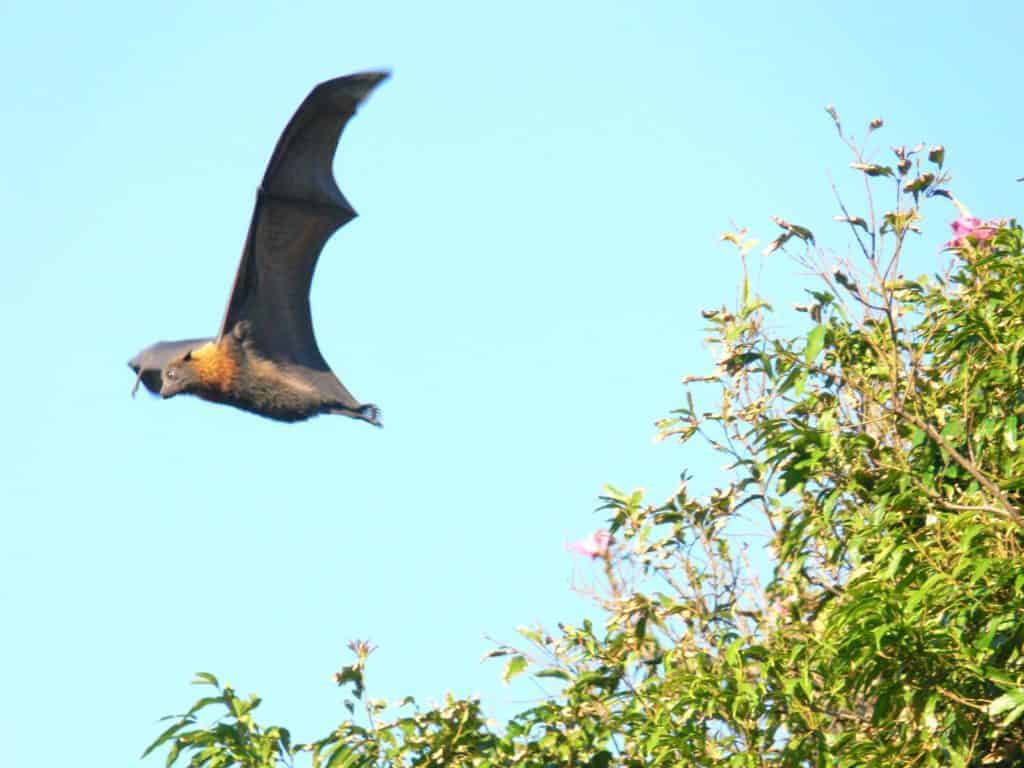
South Carolina Reports First Equine EEE Case of 2015
An unvaccinated horse from Barnwell County died after contracting the mosquito-borne disease.

An unvaccinated horse from Barnwell County died after contracting the mosquito-borne disease.

Both horses–one from Newton County and one from Orange County–were unvaccinated against Eastern equine encephalitis.

Researchers found that of 239 horses that tested positive for equine influenza virus, 84 had been vaccinated.

Vaccinate horses to help protect against this invariably fatal zoonotic disease.

The affected horse, a 12-year-old Miniature mare from Chesapeake, had not been vaccinated against the virus.

Vaccinating, eliminating standing water, and stalling horses can reduce the risk of mosquito-borne disease.

Ensure your horse’s “healthspan” equals his lifespan by optimizing his immunity, parasite control, and feed programs.

The study is postponed due to a large-scale highly pathogenic avian influenza outbreak requiring officials’ attention.

Vaccination and good horse and pest management can help protect horses from WNV during peak mosquito season.

Officials said an unvaccinated 19-year-old gelding died after showing clinical signs of infection for two to three days.

Take a behind-the-scenes look at the goings-on of a U.K. vet clinic and its differences from ones stateside.

Learn how vaccination can help protect horses from this potentially deadly zoonotic disease.

Wellness plans are a win-win-win for clinic, client, and patient. Learn how to implement one in your vet practice.

Be familiar with what’s normal for your horse so it’s obvious when something’s not right.

Following floods, Texas animal health officials say mosquito-borne disease incidence could increase.

Veterinarians say vaccination is the most effective way to protect people and their horses from the deadly hendra virus.
Stay on top of the most recent Horse Health news with
"*" indicates required fields